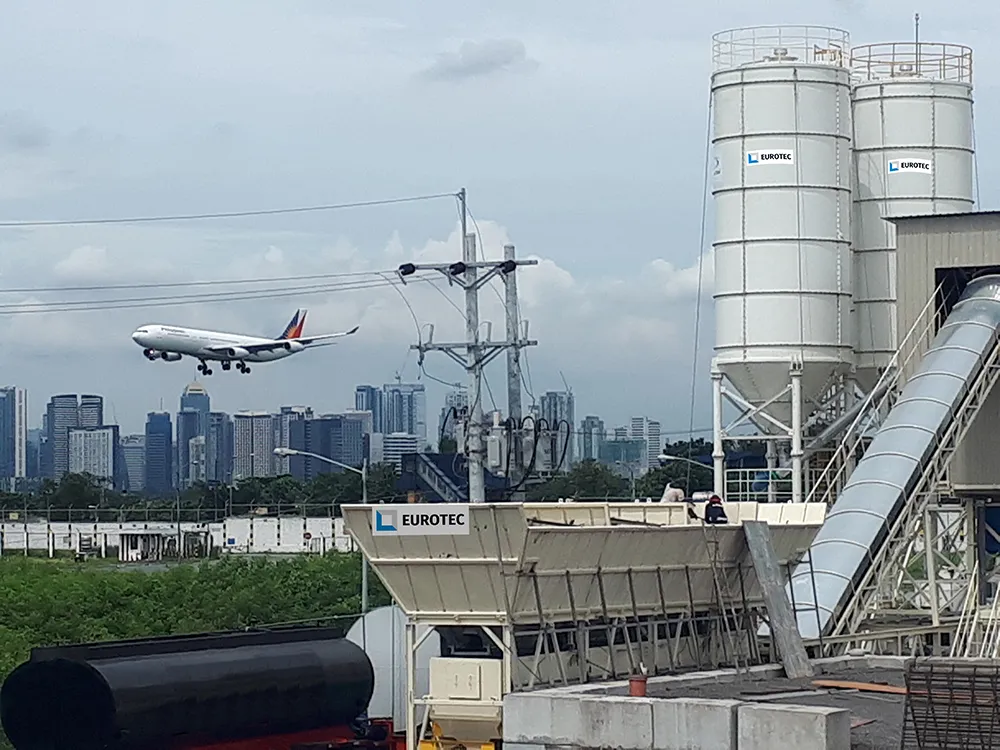South Luzon Tollways Corporation has said the cost of extending the South Luzon Expressway (SLEx) in the Philippines has increased by 27% from nearly US$290 million to almost $348.
The SLEx already runs for 36km around the greater Manila area.
South Luzon Tollways is preparing the detailed engineering for the 58km SLEx Toll Road Project Number Four - the last of the four expressway sections. South Luzon also will select a construction contractor for the project, split into five works contracts and sch
May 10, 2016
Read time: 2 mins
South Luzon Tollways Corporation has said the cost of extending the South Luzon Expressway (SLEx) in the Philippines has increased by 27% from nearly US$290 million to almost $348.
The SLEx already runs for 36km around the greater Manila area.
South Luzon Tollways is preparing the detailed engineering for the 58km SLEx Toll Road Project Number Four - the last of the four expressway sections. South Luzon also will select a construction contractor for the project, split into five works contracts and scheduled for completion in 2019.
The Number Four section will be a four-lane extended highway from Sto Tomas Batangas to Lucena in Quezon province.
SLTC was incorporated in 2000 primarily for the rehabilitation, construction and expansion of the SLEx from the Alabang Viaduct to Lucena, Quezon. It is a joint venture by the Philippine National Construction Corporation (PNCC) and MTD Manila Expressways (MTDME). MTDME is a unit of MTD Capital Berhad, the second largest tollway operator in Malaysia and the only Malaysian international toll operator.
SLTC also said its board approved a budget of nearly $18 million for SLEx, according to The Standard newspaper. Of this, $9.5 million is for the repair and maintenance of the structure, almost $4.5 million for the enhancement of toll collection system/traffic control and just over $4 million for various traffic improvement activities.
Last year, the toll operator spent around $1.9 million for the repair and restoration of the toll road.
The company also procured equipment amounting to $1.6 million to improve the toll collection system.
The SLEx already runs for 36km around the greater Manila area.
South Luzon Tollways is preparing the detailed engineering for the 58km SLEx Toll Road Project Number Four - the last of the four expressway sections. South Luzon also will select a construction contractor for the project, split into five works contracts and scheduled for completion in 2019.
The Number Four section will be a four-lane extended highway from Sto Tomas Batangas to Lucena in Quezon province.
SLTC was incorporated in 2000 primarily for the rehabilitation, construction and expansion of the SLEx from the Alabang Viaduct to Lucena, Quezon. It is a joint venture by the Philippine National Construction Corporation (PNCC) and MTD Manila Expressways (MTDME). MTDME is a unit of MTD Capital Berhad, the second largest tollway operator in Malaysia and the only Malaysian international toll operator.
SLTC also said its board approved a budget of nearly $18 million for SLEx, according to The Standard newspaper. Of this, $9.5 million is for the repair and maintenance of the structure, almost $4.5 million for the enhancement of toll collection system/traffic control and just over $4 million for various traffic improvement activities.
Last year, the toll operator spent around $1.9 million for the repair and restoration of the toll road.
The company also procured equipment amounting to $1.6 million to improve the toll collection system.






